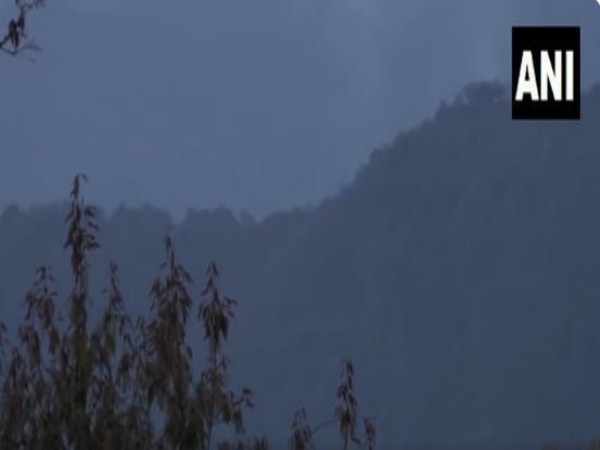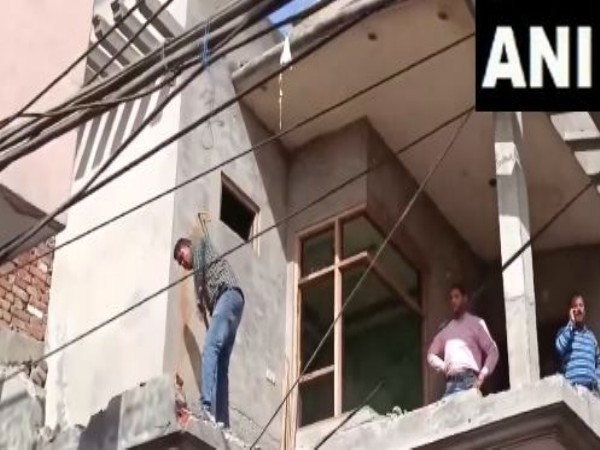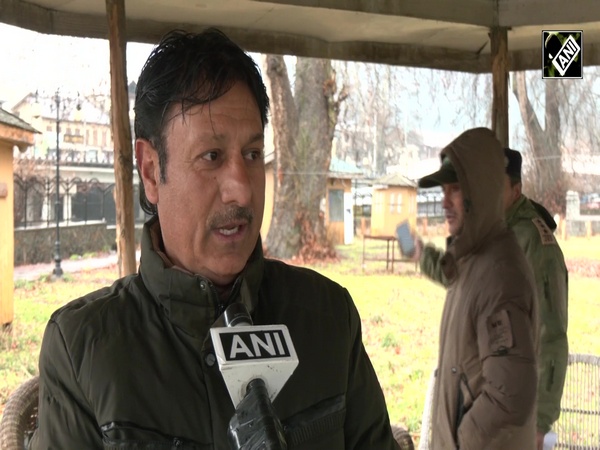IMD exploring possibilities to deploy drones in place of weather balloons to gather atmospheric data
Jul 20, 2022

New Delhi [India], July 20 : India Meteorological Department (IMD) is exploring possibilities to deploy drones to gather atmospheric data from various locations, in place of weather balloons, said the Union Minister of State Jitendra Singh on Wednesday.
In a written reply in the Lok Sabha, Singh informed that an inter-departmental committee has been constituted by IMD to conduct studies in this regard. In order to explore the technical feasibility of upper air boundary level data sensing, an invitation to industry and academia to demonstrate experimental drone-based radio-sounding on No Cost No Commitment (NCNC) basis has been released by the Ministry of Earth Sciences (MoES) and it is available on MoES and IMD websites. The last date for the submission of the proposal was July 16, 2022.
The Minister also informed that the Ministry of Earth Sciences is setting up a Thunderstorm Testbed site over East India for in-depth study of thunderstorms over the region. As a part of this project, the Ministry proposes to purchase two drones for the monitoring of weather parameters of the atmospheric boundary layer prior to the occurrence of thunderstorms and also for post-event monitoring of damages.
Currently, radio sounding is the method in practice to measure the vertical profile of physical properties of the upper air atmosphere and this is done by launching a transmitter interfaced with sensors aloft a weather balloon. Although weather balloons are widespread in use for long, it poses a limitation to the successful recovery of the sensor and also limits the use of more sophisticated and widespread sensors due to underlying implicit cost involved.
With the advent and sophistication in the unmanned aerial systems commonly known as drones, IMD is exploring the possibility to replace balloons with drones in gathering upper air observations. This new technology is expected to make the sensors recoverable and reusable thus likely to benefit IMD, the Minister said.
Upper air observations are a part of the initial conditions for the weather forecast models. This new technology if found technically feasible through contemplated experimentation is expected to benefit IMD in the field of weather forecasting by providing high-resolution upper air data from unexplored and remote areas along with the data from existing observatory networks.

















